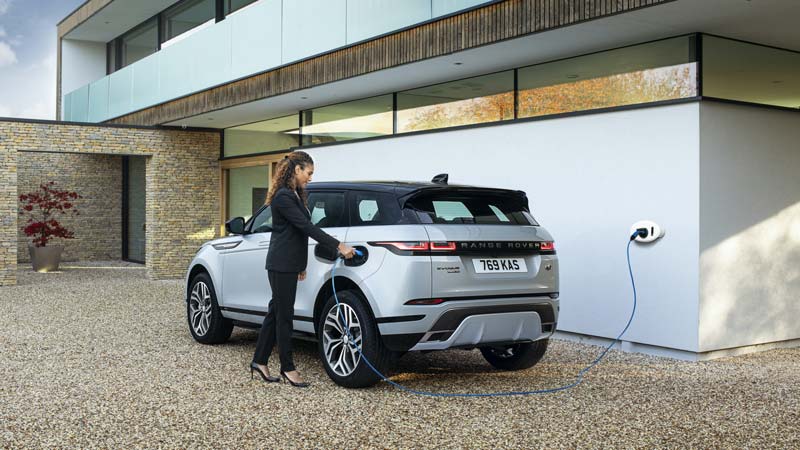The European Union is reportedly planning to toughen the way it measures carbon dioxide emissions from plug-in hybrid electric vehicles (PHEVs), according to sources speaking to Reuters.
The revised test could result in some carmakers having to sell more BEVs in order to meet EU emissions targets and avoid fines, and is expected to be enforced from around 2025.
Inaccurate emissions ratings from PHEVs is an issue raised previously by Transport & Environment, a clean transport lobby group based in Europe. It has cited a 2020 Greenpeace report showing that PHEVs emit an average of 2.5 times higher emissions in real-world conditions due to the way people charge and drive them.
According to “two sources familiar with the matter” who spoke to Reuters, actual emissions from PHEVs could be even higher. The sources say that the European Union is planning to modify the way it tests PHEVs after recent criticism has suggested that current testing methods yield results up to four times below real-world emissions.
The new methodology will incorporate data from fuel consumption meters – which already must be built into new cars from 2021 according to EU law – into the test, which is expected to present a more realistic picture of just how much PHEVs rely on their internal combustion engine as compared to the electric battery.
When reached for comment by Reuters, a European Commission official said that “an amendment to its Euro 6 pollutant emission implementing rules revising the testing approach – called the Worldwide Light Vehicles Testing Procedure (WLTP) – to determine utility factors based on real-life data from fuel consumption meters was under discussion, but they were not in a position to give further details.”
Similarly, Petr Dolejsi, sustainable transport director of the European Automobile Manufacturers’ Association (ACEA), told Reuters that “The utility factor will be changed,” referring to the average estimate of how far a hybrid car drives in its electric mode. “We are starting to collect the data from the vehicles…it is an ongoing process.”
The amendment is expected to be discussed by the EU Motor Vehicle Working Group which consists of stakeholders from industry, government, and consumer associations.
Joshua S. Hill is a Melbourne-based journalist who has been writing about climate change, clean technology, and electric vehicles for over 15 years. He has been reporting on electric vehicles and clean technologies for Renew Economy and The Driven since 2012. His preferred mode of transport is his feet.


